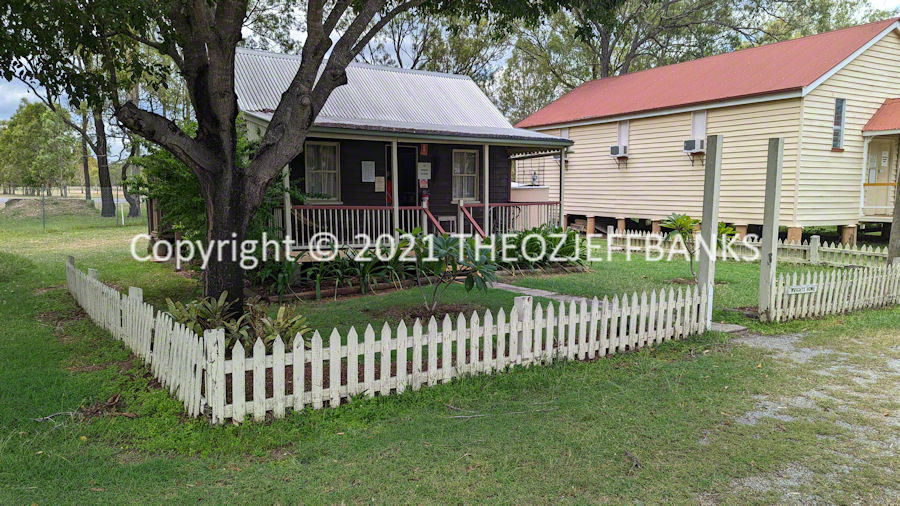I leant very quickly about the misnomer of the establishment, their tenuous grip on reality and in Colin’s words, in great need of a good dose of a degree in gutter technology. Certainly able to hold my own in supposedly higher company, I just went about it.
There’s fitting in and there is fitting in.
I struggle to “fit in”. There has always been compromise from the “me”.
There is no chance to see the “me”. Life takes you into arenas where compromise is the norm not the exception. While my niche at school was the closest, but even then with my perceived prowess with the brain and the horse, I was different to everyone else.
Country kids, true country kids, those on farms seeing contact with the outside world only from time to time are a different bunch. Many are packed off to boarding school. Some, like us, have contact only in the form of the 9,00am to 3.00pm school day and the bus (and other) daily trip to get there.





